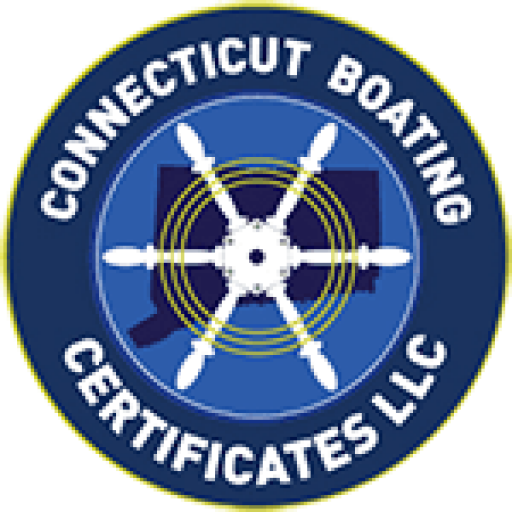Call: 1-800-832-7191
Kessler’s Basic Plotting Course
Learn Navigation with Kessler’s Basic Plotting Course Kessler’s Basic Plotting Course introduces boaters to essential navigation techniques using charts, tools, and practical plotting exercises. This course, offered through the U.S. Coast Guard Auxiliary, helps participants understand marine navigation fundamentals. Because accurate plotting improves safety, this training is ideal for recreational boaters, students, and maritime professionals. The course includes hands-on practice with …
